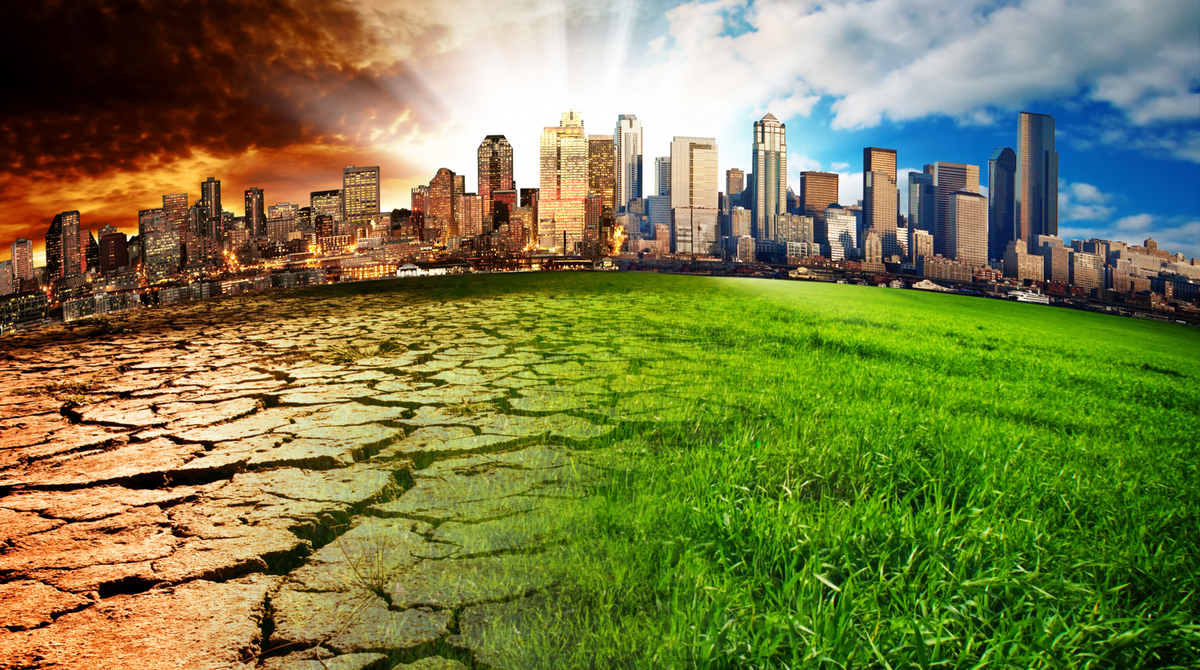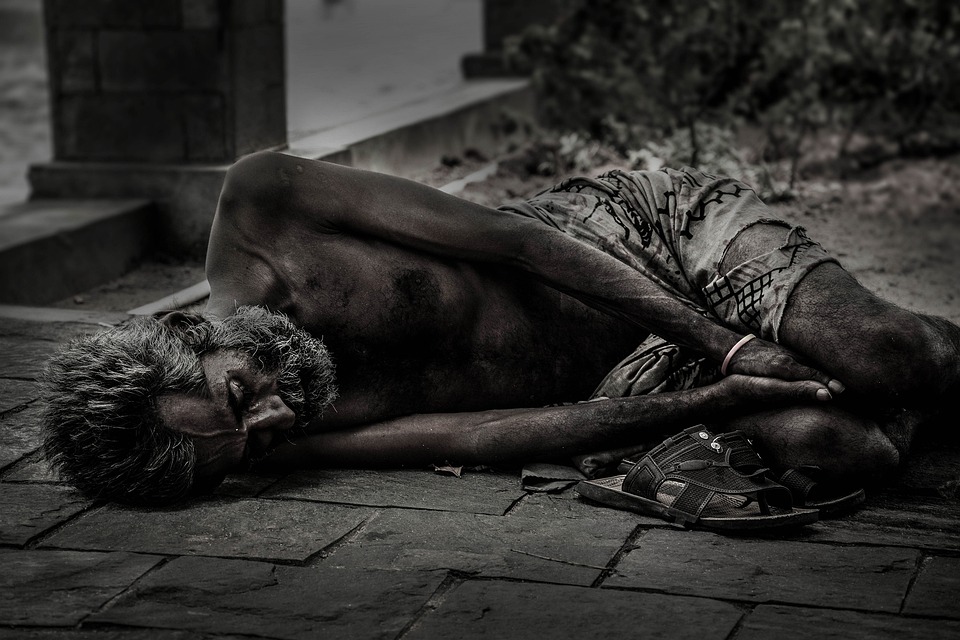Climate change is trending – not like the latest fashion fad, but as one of mankind’s most significant concerns.
Decades before the World Meteorological Organization terms the long-term changes in weather conditions as “climatic change”, Joseph Fourier, a French physicist, identified the greenhouse effect. However, instead of agonizing over a warming planet, scientists from the late 1800s welcomed the idea of a changing climate. As goes by the Swedish chemist, Svante Arrhenius, “By the influence of the increasing percentage of carbonic acid in the atmosphere, I hope to enjoy ages with more equable and better climates, especially when it comes to the colder regions of the planet.”
If it wasn’t for scientists of the 80s, we would still have been in the dark; reports from U.S. National Academy of Sciences and Environmental Protection Agency sparked realizations over the possible catastrophic consequences of climate change.
After more than 35 years and hundreds of millions of dollars of research spent after these reports and climate change is still a point of threat to humanity.
Today, scientific evidence made it clear that human activity played a huge role in creating this environmental rift. And, if nothing substantial is done to stop it, there won’t be any “tomorrow.”
I heard about this “issue” when I was around 11 years old and I thought like, there were over 7 billion people living on earth, so if we all come together, we’ll make it work – you get the picture, right? But, it’s a pity that climate change became one of those flagship issues – like abortion, gun control and recreational use of marijuana. While some people would take it to the government and demand actions, others would deem the notion as a vacuous fad that will eventually, one day, fade into the background.
This isn’t an unusual comment for us to hear from a politician sometimes. But, imagine my surprise, when I learned that some Christians share the same view.
Who Are These Climate Change Skeptics?
 I’m not a Christian environmentalist – even if I find their theories very interesting – but, I think when you are a believer and follower of Christ, you are called to understand God’s creation and be good stewards of nature. However, there are many individuals with a deep Christian faith who think that caring for the environment should not flow from spiritual beliefs.
I’m not a Christian environmentalist – even if I find their theories very interesting – but, I think when you are a believer and follower of Christ, you are called to understand God’s creation and be good stewards of nature. However, there are many individuals with a deep Christian faith who think that caring for the environment should not flow from spiritual beliefs.
Rev. Kyle Meyaard-Schaap, the Vice President of EEN(Evangelical Environmental Network) believes that this attitude is the result of the strong ties between religious beliefs and political tendencies.
Historically, U.S. politics have had significant impacts on several religious interest groups and have influenced their attention on things like reproductive rights, same-sex marriage and family values, which have now expanded to climate change.
When a research was in press at the journal Global Environmental Change, a survey was conducted with over 2000 North Americans, including most evangelical Christians. The main purpose of the survey was to understand the perspective of evangelicals about climate change and to weigh up their views to those of non-evangelical individuals. As per the data collected, there was variation in believers’ views, but most American evangelicals didn’t believe that climate change was indeed “happening” or that it was an issue to be worried about.
A further study from the Yale Program on Climate Change Communication with Christians revealed that some refused to believe that climate change is real. They think it’s just one of the greatest hoaxes ever made by men.
As per a research conducted by the Pew Research Center, around a quarter of American evangelicals deny the science behind man-made climate change.
A believer even told an environmental group that climate change is a part of a sinister political plot to seek more power.
Many of these believers, a.ka. climate change skeptics start out their statements with “I’m not a climate scientist but…”
Well, guess what? I’m not a climate scientist too, but that doesn’t mean I’m blind. As children of God, we cannot afford to close our eyes to the horrible things that are happening in the world.
What do you think?


 Most people assume that Christians are poor –either because they are paying luxurious mansions for preachers or because they believe it is a part of their religious principle to be poor.
Most people assume that Christians are poor –either because they are paying luxurious mansions for preachers or because they believe it is a part of their religious principle to be poor.